Stress: a word that resonates with us all in our fast-paced lives. Be it work demands, daily challenges, or unexpected curveballs, stress seems ever-present. But why is it so widespread, and how can we manage it? In this post, we’ll delve into stress, what it entails, why it’s relatable to everyone, and most importantly, how to manage it through practical skills and meditations.
What is Stress?
Stress is your body’s natural response to any demand or threat. It’s your body’s way of preparing for a challenge. In a stressful situation, your brain triggers the “fight, flight, or freeze” response, releasing hormones like adrenaline and cortisol. These hormones sharpen focus, increase heart rate, and prepare your body for action.
This response is crucial for survival and helped our ancestors navigate life-threatening situations. However, in today’s world, stressors are often chronic and less life-threatening. Work deadlines, traffic jams, and financial concerns accumulate, leading to chronic stress that affects our physical and mental health.
Why should I care about stress?
Stress is universal; no one is immune! Students face exams, professionals manage deadlines, and parents juggle family responsibilities. It’s a shared human experience. Stress can manifest differently in each person – physical tension, emotional turmoil, or sleep disruptions. Understanding stress and learning to manage it effectively is vital for a better quality of life.
The Science of Stress
Understanding the science behind stress is essential. When you encounter a stressor, your brain perceives it as a threat. Adrenaline prepares you for action, while cortisol maintains focus and provides energy.
Once the threat is gone, your body should return to relaxation. But modern stressors often persist, leading to chronic stress and potential health issues like heart disease, depression, and anxiety.
The Relatability of Stress
Stress is a common experience, impacting various aspects of life:
- Workplace Stress: High-pressure jobs and heavy workloads contribute to stress. Meeting deadlines and dealing with difficult colleagues intensify it.
- Academic Stress: Students face exams, assignments, and pressure to excel. The fear of failing is a significant source of stress.
- Family and Relationship Stress: Balancing family responsibilities, nurturing relationships, and managing conflicts can be emotionally taxing for parents and children alike.
- Financial Stress: Worries about money, debt, and financial stability lead to chronic stress, especially during economic downturns.
- Health-Related Stress: Coping with illness, injury, or chronic conditions can be highly stressful, affecting both mental and physical health.
- Social Stress: Social anxiety and fear of judgment in social situations create stress, impacting public speaking, social gatherings, or posting on social media.
- Life Transitions: Major life changes, like moving, starting a family, or retiring, can bring stress due to the required adjustments.
The Impact of Stress
Recognizing stress’s impact is crucial. It can manifest physically (headaches, muscle tension), emotionally (irritability, anxiety), and cognitively (difficulty concentrating). Sleep disturbances, weakened immunity, and an increased risk of chronic diseases are common outcomes.
Managing Stress: Practical Skills and Meditations
Okay, we get it, life is stressful! What do we do about it? Don’t stress! Listed below are some skills you can practice in order to help manage stress effectively:
Deep Breathing Exercises
Deep breathing is simple yet powerful for stress reduction. It activates the parasympathetic nervous system, promoting relaxation. Try this exercise:
- Find a quiet, comfortable place to sit or lie down.
- Close your eyes and take a deep breath in through your nose, counting to four as you inhale.
- Hold your breath for a count of four.
- Exhale slowly through your mouth, again counting to four.
- Repeat for several minutes, focusing on your breath.
Mindfulness Meditation
Mindfulness keeps you present and reduces stress. Try this meditation:
- Sit comfortably in a quiet place.
- Close your eyes, take a few deep breaths, and center yourself.
- Focus on your breath, noticing the sensation of each inhale and exhale.
- If your mind wanders, gently bring it back to your breath.
- Practice for 5 minutes daily.
Progressive Muscle Relaxation
This technique releases physical tension:
- Sit or lie down comfortably.
- Start with your toes, tensing them for a few seconds, then release.
- Move up your body, tensing and relaxing each muscle group.
Stress is inevitable, but with the right tools, you can navigate it more effectively and improve your well-being. If you find that these skills have not been helpful, and you’re interested in receiving more personalized support – please reach out to us to schedule a session so that we can help you find the strategies that work best for you. We’re here to support you on your journey to a stress-free and balanced life!

